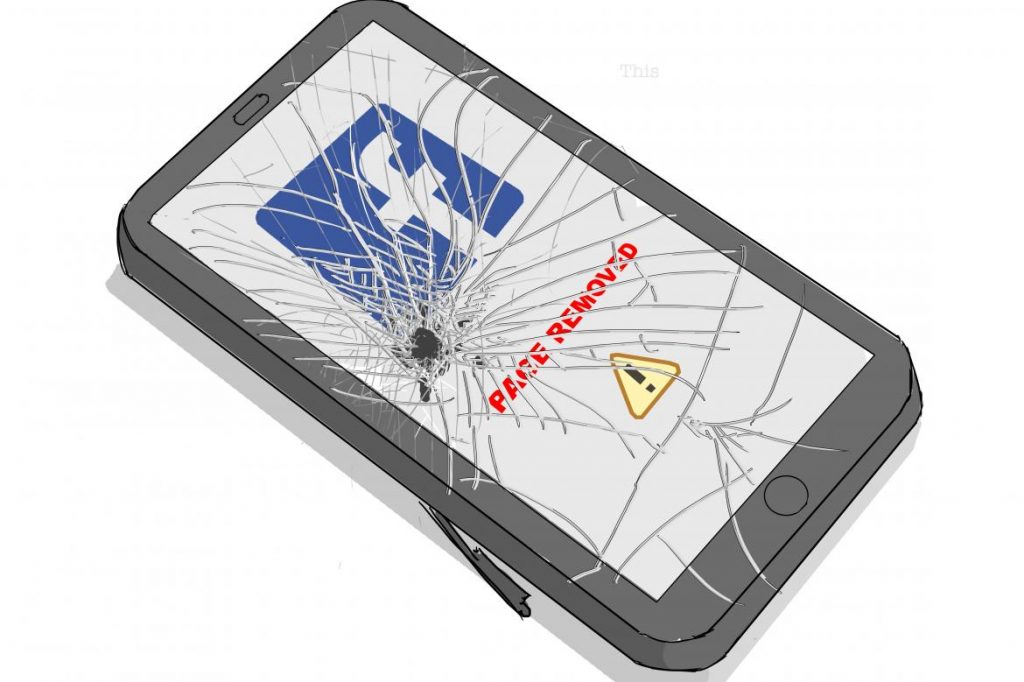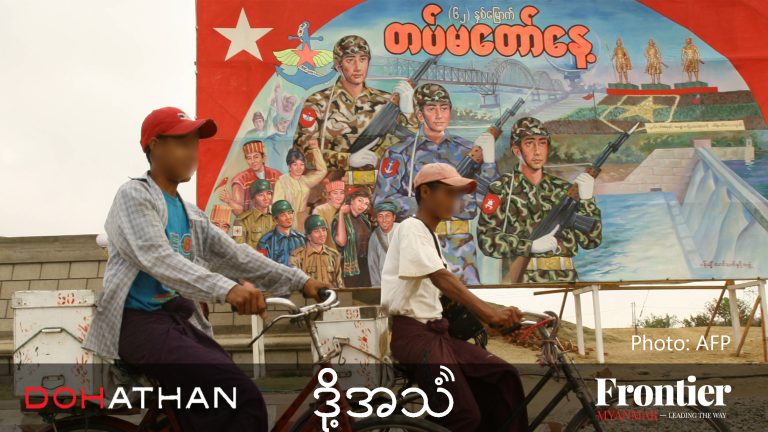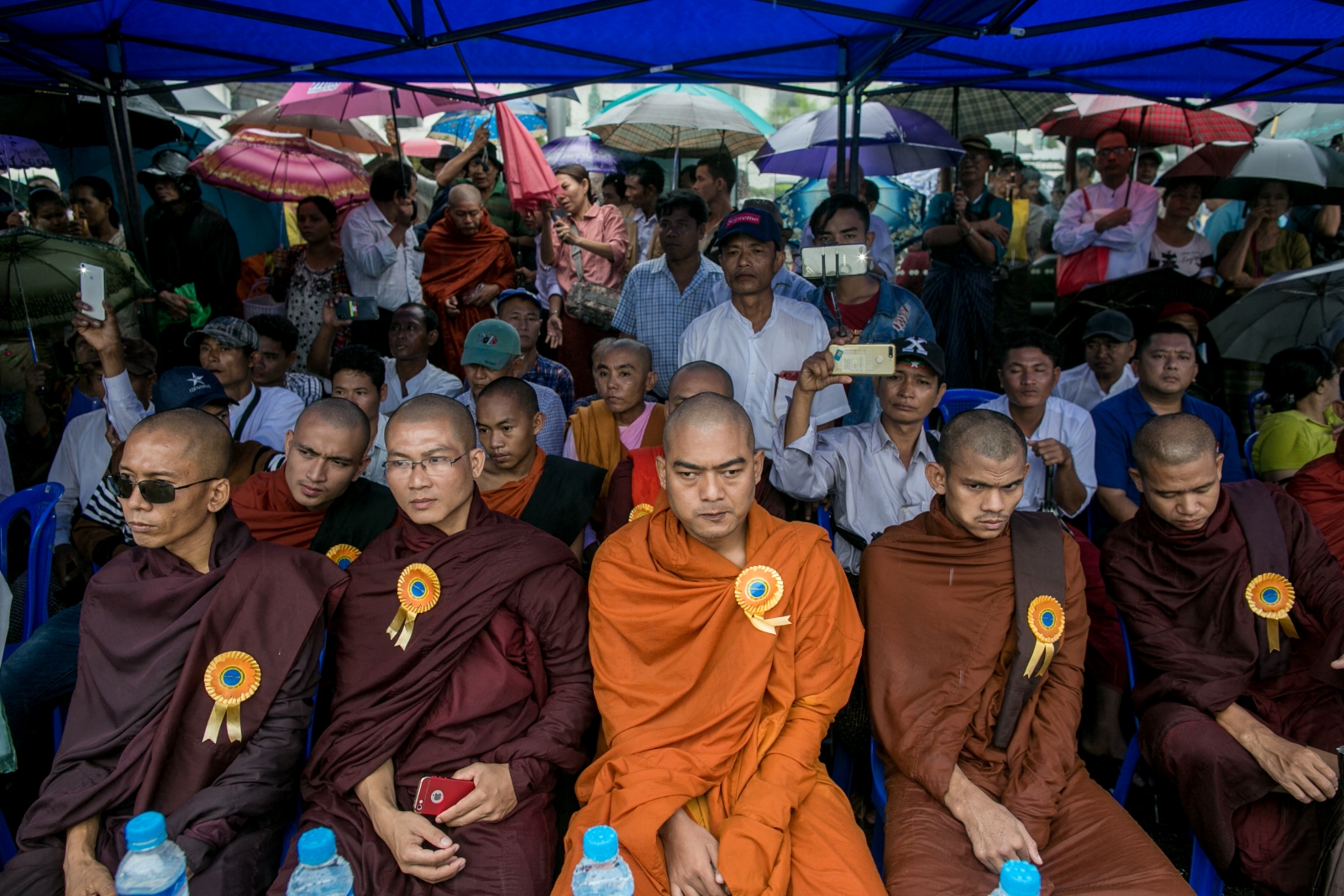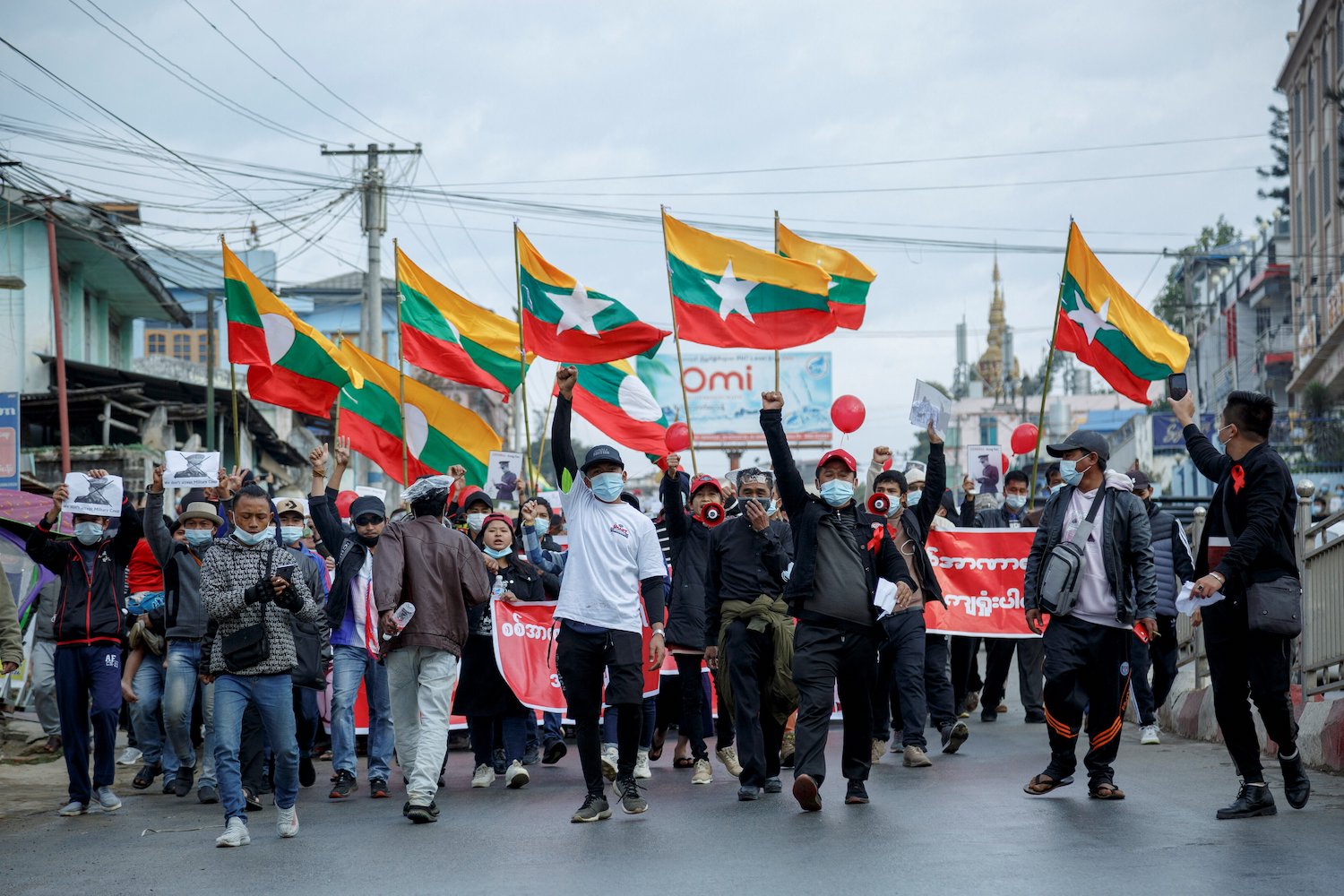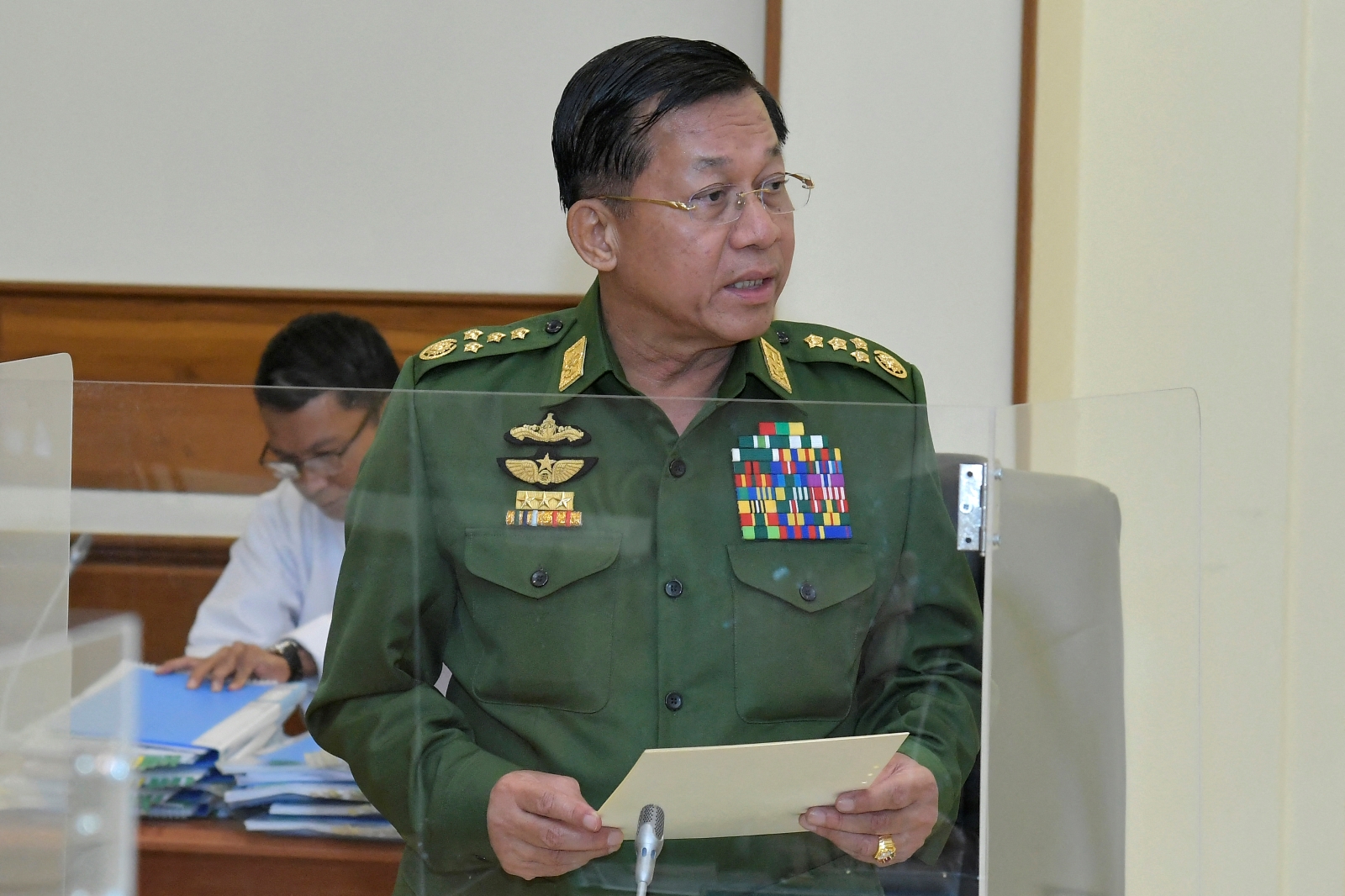At the moment that the United Nations Fact-finding Mission was delivering its damning verdict to the UN Human Rights Council on August 27, a punishment of sorts was simultaneously handed down… by Facebook.
THE SOCIAL media giant deleted six pages and six accounts connected to 20 individuals and organisations, including Commander-in-Chief Senior General Min Aung Hlaing and the military’s news outlet, Myawady.
In addition, it also culled 46 pages and 12 accounts that were disguised as independent news and opinion pages “to covertly push the messages of the Myanmar military”.
As justification for this step, Facebook said that the UN fact-finding mission had found evidence that many of these individuals and organisations had committed human rights abuses and “we want to prevent them from using our service to further inflame ethnic and religious tensions”.
Facebook has rightly come in for heavy criticism recently for the way that it avoided its responsibilities to monitor content in Myanmar language, particularly hate speech directed at Muslims.
Support more independent journalism like this. Sign up to be a Frontier member.
This has been going on for years. As Wired has reported, Facebook was warned as far back as November 2013 about the dangerous manner in which its service was sometimes being used.
Many subsequent warnings were issued; the company was far, far too slow to respond, as it now acknowledges.
Facebook is under pressure to show it is serious about tackling the problem. Deleting these pages is a simple but bold step. It sends a clear message about the company’s values and what it considers to be acceptable use of its platform.
Although it is a straightforward measure to implement – far easier than training scores of content reviewers with Burmese-language skills – it will have potentially far-reaching implications.
Facebook is so ubiquitous that it has no real rival in Myanmar; it is the means of reaching people. This will not be news to anyone who lives here, but it is still worth emphasising.
Domestically, events in Rakhine over the past year have strengthened the military brand, not damaged it. Facebook has been essential to this repositioning of the military, but it has also served as a platform of choice for Min Aung Hlaing as a public figure. At the time his account was terminated, he had well over one million followers. Among political players, only State Counsellor Daw Aung San Suu Kyi could compete.
The alternatives to Facebook are limited. There is no other online platform with anywhere near the level of popularity. That leaves the military’s print and television outlets, but these are hardly a substitute, particularly as more people switch to consuming media on their mobile devices.
Depriving Min Aung Hlaing and the military of that outlet is potentially a bigger punishment than anything else the international community could reasonably expect to dispense.
For all the talk of sanctions, they would have almost no impact. The military leadership has no assets in the US and will not be travelling there any time soon.
For all the talk of prosecution, that also seems a remote prospect. Even if a body such as the International Criminal Court were to issue a warrant, acting on it would likely prove impossible.
The real test will be how strictly Facebook enforces its new policy. The military leadership is likely to continue to try and use the platform to spread its message. Indeed, immediately after Min Aung Hlaing’s page was removed, it was recreated, and shortly thereafter disappeared again.
Facebook will have much more difficult decisions to make from now on. Other pages controlled by the military, such as the Ministry of Defence, remain active. Pages ostensibly under the control of the civilian side of the government could potentially become an outlet for the military’s own propaganda.
Nevertheless, the use of such pages is unlikely to be as effective because they will not have the same official imprimatur of those that have been removed. And if these pages do begin to build up a large following, they will just become targets for removal.
Thus Facebook’s August 27 decision is a significant one. It is more than a token gesture; it has dealt a serious blow to the power of the military – and Min Aung Hlaing in particular – to shape public opinion.


